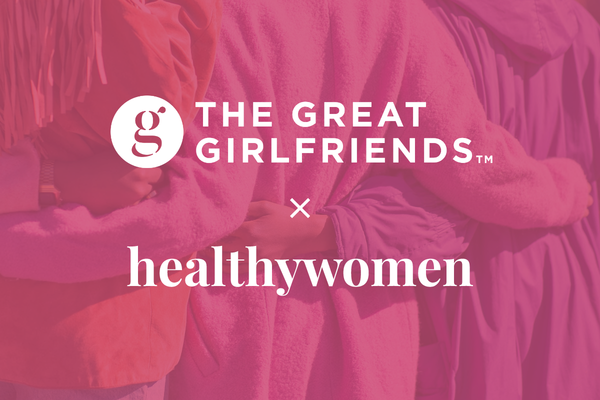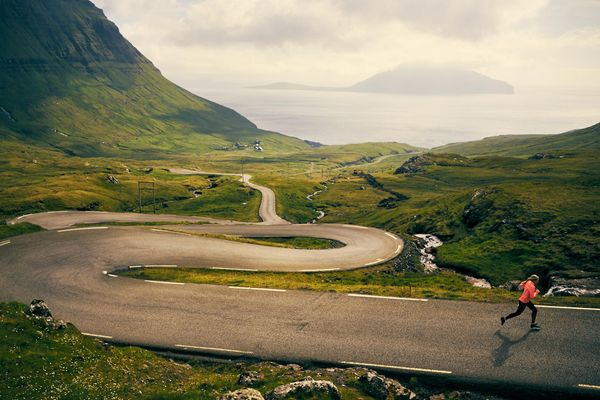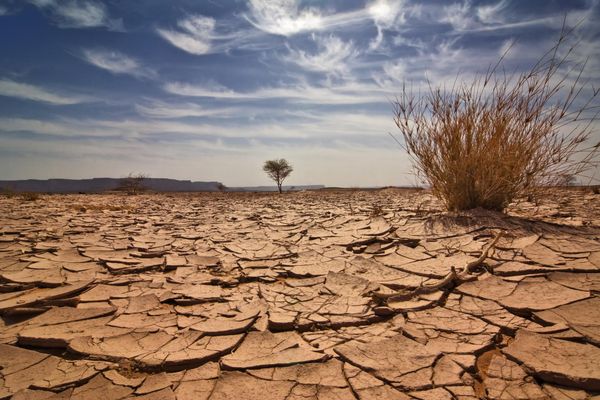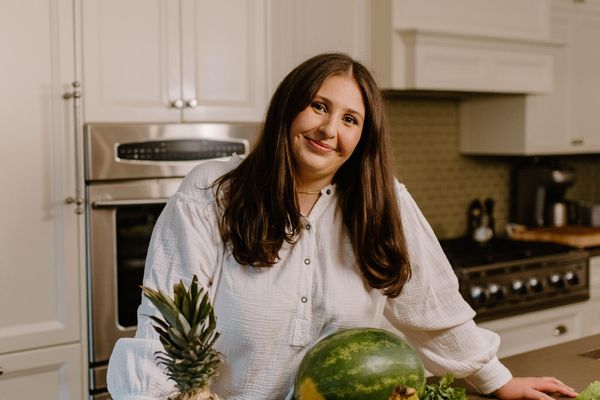"The wellness industry has grown 12.8% between 2015 and 2017; climbing from a $3.7 trillion to a $4.2 trillion market. Wellness expenditures are now more than half as large as total global health expenditures."
—Global Wellness Institute
When fitness guru Jack LaLanne decided at age 15 to focus on his diet and exercise after being inspired by a nutritionist's lecture, he probably wasn't thinking that his healthy living philosophy would be going strong today—nine decades later.
When the fat-free way of life was touted in the 1990s, its proponents thought it was the lasting answer to weight loss, heart disease and various cancers.
Health trends come and go (and come again). I think many of these top wellness trends for 2019, presented by experts from the Global Wellness Institute, will have staying power. None of us has a crystal ball, but the information I heard was provocative and exciting.
Here are four worth noting. Tune in to my next report (in two weeks) for four more!
- Well Fashion
Athleisure? Count me in. But I've never really stopped to think too much beyond its aesthetic appeal and the way it fits and makes me feel, and I suppose many of us are in the same boat. Thankfully, there are companies out there that are well aware of the impact on the environment from overconsumption of clothing and the injustice created by people working at substandard wages to manufacture it. The Trend: A huge wave of change will emerge in 2019, focusing on sustainable, ethical, intelligent, healing and meaningful fashion. Called "Trashion," clothing and textiles will be made from recycled plastic bottles, algae, mushrooms and food waste. Vegan, alt-fur and alt-leather, on-demand custom clothing is on the rise, with self-regulating fabrics helping your body adapt to things like cycling temperatures and UV rays. - Wellness Takes on Overtourism
Yes, international travel is growing (it's gone from 500 million trips in 1995 to 1.3 billion today), but the world of that travel is small, with roughly half of all travelers exploring just 100 global destinations. The fallout? Overtourism, as coined by Rafat Ali, CEO of Skift, an intelligence company that studies the travel industry. Uncomfortable crowds for the tourist; rising pollution, damage to infrastructure, the destruction of local heritage and culture for the locales; and a housing market that makes it difficult for locals to afford. The Trend: Governments and tourism boards are coming up with initiatives to help combat this too-much-of-a-good-thing by creating wellness experiences that take advantage of the natural wonders of their areas; focusing on things like stargazing, forest bathing, hot springs and more. Urban areas are getting in on the trend by offering extensive menus of cutting-edge wellness experiences to their guests. Luxury resort Six Senses will open in New York City next year, offering a hefty menu of cutting-edge wellness choices. - Meditation Goes Plural
It's already established that meditation is the fastest-growing health trend in the U.S. and has powerful health benefits, but many people think it's a one-size-fits-all approach. You just sit and you meditate, get into the "zone" and begin to relax; right? Wrong. Learn more about how to de-stress with breathing techniques. The Trend: Meditation as more than a single practice. Rather, it is many, with specific types each having unique impacts on the brain. Bob Roth, author of Strength in Stillness: The Power of Transcendental Meditation, describes himself as a "natural skeptic" and not a "woo-woo" type, and, yet, he's been meditating for over 40 years. There are three distinct types of meditation, he says: focused attention, open monitoring and self-transcending, all calling on different techniques and skill sets. Rather than a single way of meditating, meditation will emerge in many forms and varieties, including Kundalini yoga and Sophrology, a series of physical and mental exercises to strengthen the mind and body. Technology will continue to boost the meditation experience with virtual reality, biofeedback, EEG/brain wave tracking and headbands that measure your heartbeat and movement. Find some of the best apps for meditation. - Prescribing Nature
Being outdoors to exercise, walk or just soak up nature boost your physical and mental health. But so many of us don't get outside enough to reap those benefits, even though public green spaces were officially designated in the 19th century because of the belief in their health benefits. Enter "Nature Deficit Disorder." We really do need nature time to counteract our attachment to technology. The Trend: Your health care professional writing a prescription for a 30-minute walk is not far-fetched. "As more evidence becomes available in mainstream media, more people will seek this 'treatment,' and more physicians will be prescribing it," predicts the Global Wellness Institute. An added perk is that it's completely free—and life-changing. A 25-minute brisk daily outdoor walk could add three years to your life, according to a study by the European Society of Cardiology. Learn how exercising outdoors can boost your workout. There's a growing trend in workouts in natural settings (aka forest bathing). The National Health Service in Shetland, Scotland, recently embarked on a "nature prescription" program to help treat patients with chronic illnesses like high blood pressure, anxiety and depression with activities like long walks, bird-watching and gardening.







